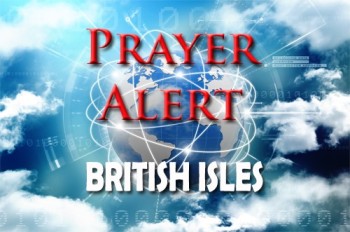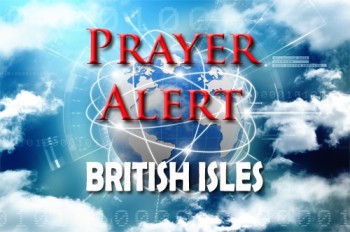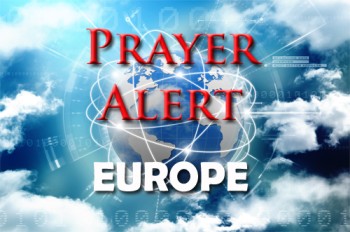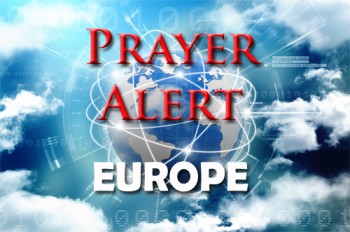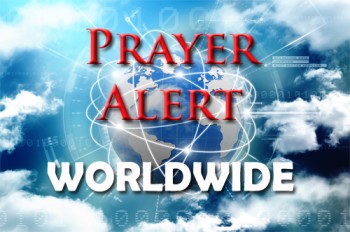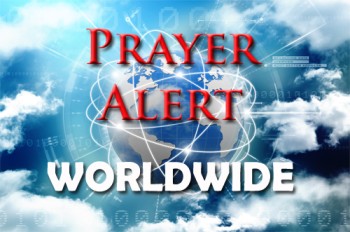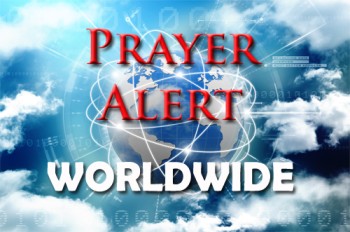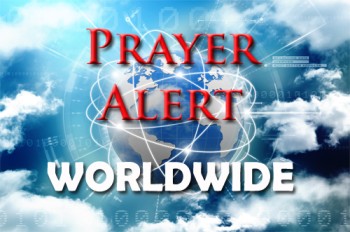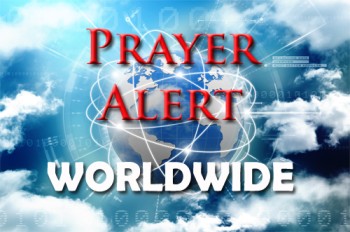UK buys 5m doses of bird flu vaccine
The Government has secured over five million doses of a bird flu vaccine to prepare for potential human transmission of the H5N1 virus, despite no current evidence of such spread. The vaccine is part of broader efforts to enhance the nation's pandemic preparedness. Bird flu remains primarily a threat to birds, but certain strains, including H5N1, have been linked to human infections. Symptoms range from flu-like illnesses to more severe complications like conjunctivitis. The vaccine will only be deployed if human transmission begins. Public health minister Andrew Gwynne stressed the government’s commitment to safeguarding public health through proactive measures. Health agencies are actively monitoring avian influenza in humans, birds, and animals, contributing to global understanding and response strategies against the virus.
Irish elections: what happens next?
Ireland’s general election has set the stage for coalition negotiations to form the next government. Fianna Fáil emerged as the largest party with 48 seats, followed by Sinn Féin with 39 and Fine Gael with 38. With 88 seats needed for a majority, Fianna Fáil and Fine Gael are expected to renew their coalition, perhaps with support from independents or smaller parties. Micheál Martin, leader of Fianna Fáil, is poised to return as Taoiseach under the coalition's rotation agreement. Fine Gael, led by Simon Harris, will likely alternate leadership roles during the government’s five-year term. Despite Sinn Féin’s gains, the other parties have ruled out collaboration with them. Negotiations will center on policies like enterprise, EU relations, and home ownership. Meetings and talks are expected to last for weeks, with the Dáil returning on 18 December. Ministers will remain in caretaker roles until a coalition agreement is finalised, likely in early 2025.
France: government collapses in no-confidence vote
Prime minister Michel Barnier has been ousted in a historic no-confidence vote, leading to the collapse of his government. The motion follows his controversial use of special powers to pass a budget without parliamentary approval. The budget, which aimed to reduce the deficit by €60 billion, faced criticism from both the left-wing New Popular Front (NFP) and far-right National Rally (RN); Marine Le Pen, RN leader, called it ‘toxic for the French’. This has plunged France into deeper political instability; no new parliamentary elections can be held until July, so the current deadlock in the Assembly - where no group has a working majority - is set to continue. Barnier, appointed by Emmanuel Macron just three months ago, has presented his government’s resignation, but will continue for now in a caretaker capacity. Macron’s presidency remains intact, but pressure on him is mounting.
France: Notre Dame reopens after restoration
Notre Dame Cathedral is set to reopen on 7 December, after a five-year restoration following the devastating 2019 fire. Ceremonies will blend tradition and modernity, including a symbolic door-striking ritual led by Archbishop Laurent Ulrich and a solemn Mass on the Feast of the Immaculate Conception. (8 December). The restored cathedral features a mix of Gothic preservation and contemporary updates, such as a new altar and reliquary, sparking debate but garnering widespread admiration. Restoration efforts exceeded funding goals, totaling €700 million, and Paris anticipates a renewed influx of visitors. Somewhat surprisingly, Donald Trump’ will be there, joining nearly fifty world leaders: security will be tight, with 6,000 personnel deployed. Conspicuously absent, however, is Pope Francis, whose refusal to attend has fuelled speculation about the Vatican’s priorities. As Notre Dame prepares to welcome the faithful once again, its reopening symbolises resilience and the enduring significance of sacred spaces.

